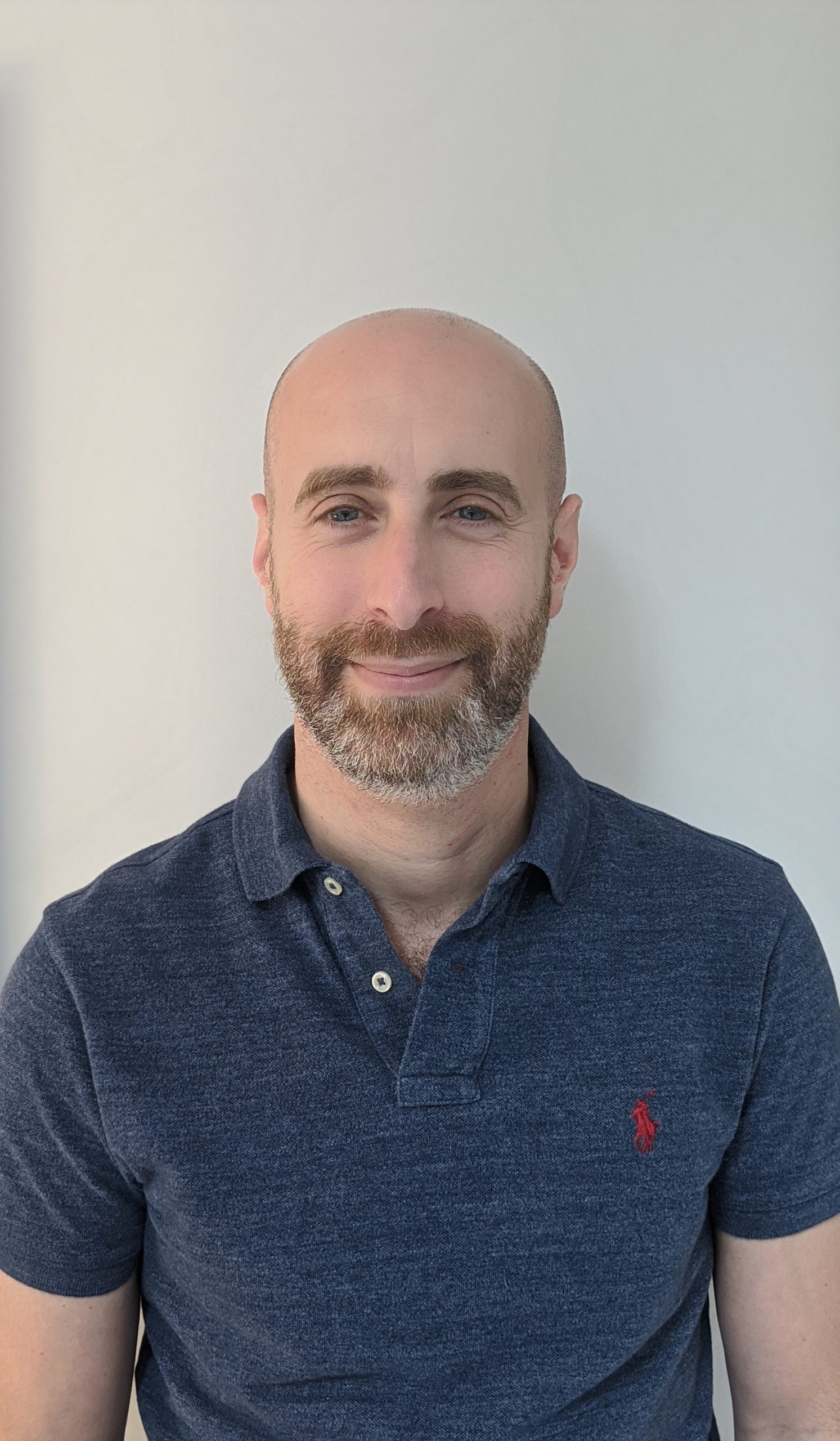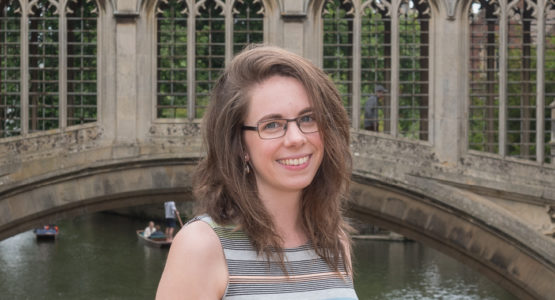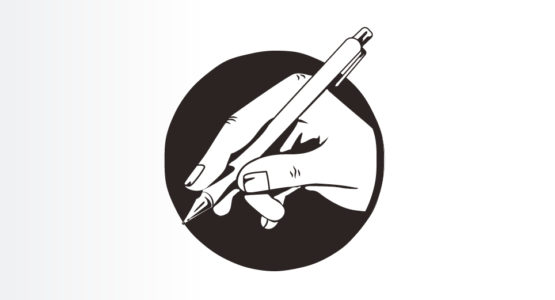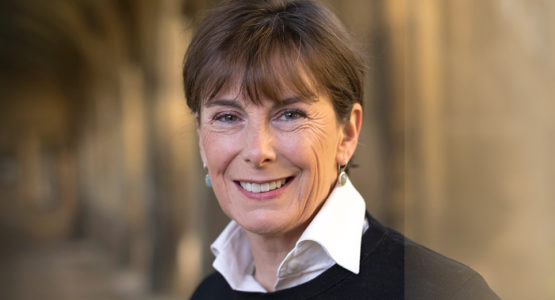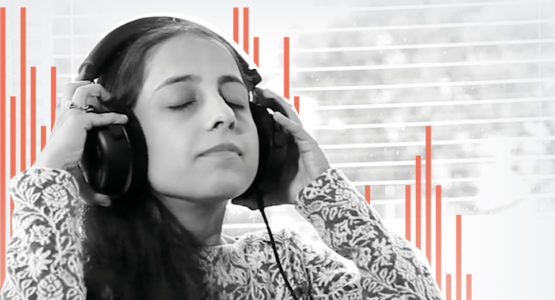Director of UK Original Scripted Series at Netflix, Chris chats to the Editor of Johnian about his comedy writing and commissioning, the defining qualities of Netflix original shows, binge-watching culture, and the world of TV production.
Summarise your career.
Training and first roles
I wasn’t sure what I wanted to do after graduating. I joined a business management graduate scheme at Carlton Television, where we did three-month placements in all different areas relating to the company, including sales, licensing, online marketing and production.
The aim was to gain an overall understanding of what went on in each facet of the business, but I discovered that I really loved working in production. It was fun and creative – and I didn’t look back.
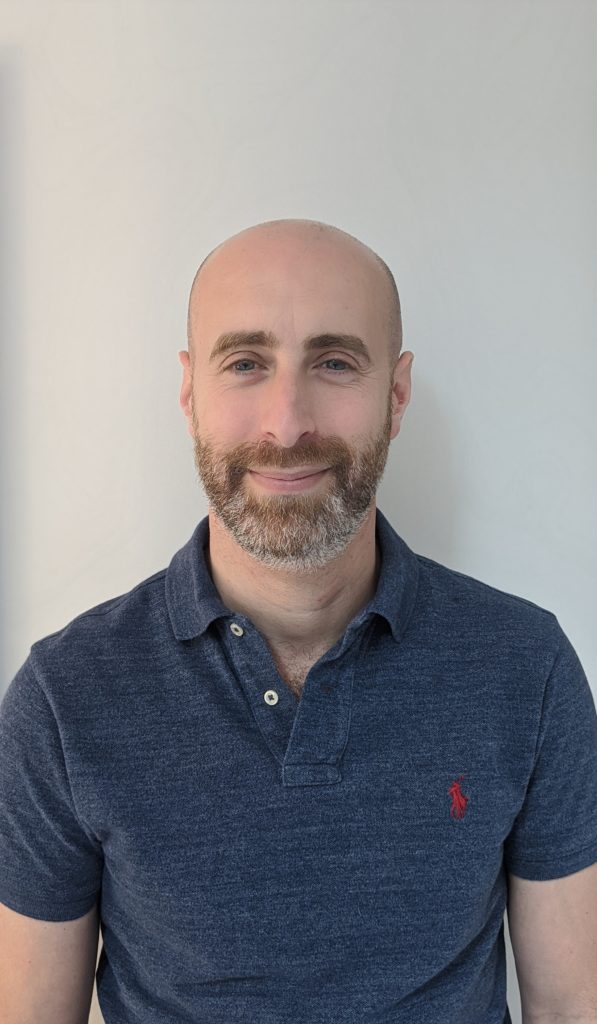
I left Carlton and joined the production trainee scheme at Planet 24, where I worked on Survivor, which was an early reality show on ITV. We took a group of contestants out to the jungle, and they all competed over a range of challenges for £1m. Being paid to fly out to Panama, in the middle of paradise, with loads of people my age… It was an amazing first job!
On my return, I joined a new entertainment department the BBC was setting up, and I spent three years in that role working on various reality, quiz and game shows.
Comedy writing
All the while, I was trying to scratch another itch I had going on – namely comedy. A friend from John’s and I wrote some TV sketches for the animated sketch show Monkey Dust and for Man Stroke Woman on BBC Three. We also wrote three series of a Radio 4 sitcom.
I kept hoping that I was a great comedy writer, while secretly knowing that I probably wasn’t good enough. Although the writing career never took off, it did introduce me to the world of comedy and to people in the industry.
Comedy commissioning for the BBC
Eventually a comedy commissioning job came up at the BBC, and I was lucky enough to get it and to work alongside some really talented people. The first show I commissioned was the pilot of People Just Do Nothing for BBC Three, which went on to run for four series. Then there was Bad Education, Fleabag, Cuckoo, Mum, Charlie Brooker’s Wipe and Motherland. There were some less successful shows too but let’s not talk about those!
After five great years of developing and commissioning scripted comedy for the BBC, I went on to be Head of Comedy at BBC Studios, which was the in-house production department. I ended up looking after series such as Mrs Brown’s Boys, Inside No. 9, W1A and This Country.
While I was there, the BBC licence charter changed, which meant that BBC Studios could start making content for outside the BBC for the first time in its history. The first such show we produced was Good Omens for Amazon, and I was just in the middle of making Trying for Apple TV when Netflix approached me.
Joining Netflix
Before this year, all the UK original content for Netflix, such as The Crown, Black Mirror, Sex Education and The End of the F***ing World, had been commissioned through the LA team. Netflix wanted to capitalise on the international success of these shows by setting up a new UK team, and they very kindly said that they would wait for me to finish Trying.
I joined Netflix last year and am now part of a small team, with half a dozen of us looking after all the new original UK scripted series.
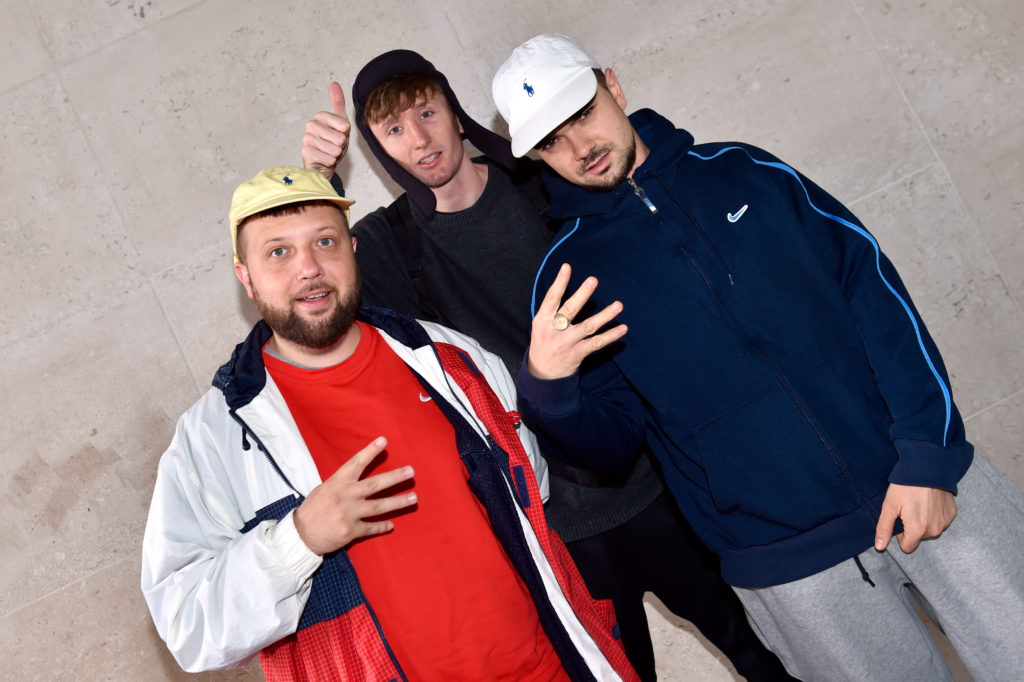
How long a series takes from conception to completion.
The average time between a pitch and ending up on TV is two years for a comedy and three for a drama, but it can vary wildly depending on the writer, the scale of production, and the negotiation of the deal.
I was once told that the spy drama Spooks was about ten years in the making, a time-span that included 9/11 and huge changes in the world of intelligence. Conversely, there was a show recently on BBC One called Staged, with Michael Sheen and David Tenant playing themselves and talking over Zoom. The nature of that series was fast and reactive, and the turnaround would have been a matter of weeks.
The impact of 2020’s social and health issues on Netflix.
We don’t want the world circumstances to change the actual content of the shows, and we are not making editorial compromises. However, production has been hugely affected by the pandemic; many shows were shut down in the middle of filming, and others were delayed.
There are now safeguarding procedures in place, from testing to PPE to limiting numbers of people on set, and production has become more challenging.
We’ll find out the real consequences next year, when everything returns to normal (fingers crossed). There are likely to be huge knock-on effects. Suddenly directors, cast, crew and venues that were committed to one series may find themselves in competition with the next series they are committed to. Studios are booked in advance for a set period of time, but that might become meaningless when you have a backlog of shows that are waiting to be filmed.
The pandemic has been devastating for the industry as a whole.
In terms of content development, which is what our team works on, we’re lucky that the majority of what we do can be done from home. I read scripts and talk to writers and producers, and we are all able to get on with the work.
Since our team has been running for just under a year, the lockdown has actually given us a useful chance to pause and take stock of our development slate. We’ve been able to look at what we’ve been doing, what shows are working for us and what we’re missing.
By and large, however, the pandemic has been devastating for the industry as a whole. Independent production companies and freelance cast and crew have been hit particularly hard, and Netflix has been supporting various emergency funds set up to help freelance creatives who are out of work because of COVID-19. We work with the indie community all the time and have a responsibility to support them as best we can through the crisis.
Favourite shows you’ve worked on.
Obviously I love everything that I’ve made! If I had to choose, though, then the three shows that are probably closest to my heart are:
• Monkey Dust. This was the first show that I wrote for, and the brilliant producer Harry Thompson was very kind to my friend and I as new writers. We were able to see the show getting animated, and it was a special experience to see an idea we’d come up with and written on a page be transformed into an animated sketch on screen.
• People Just Do Nothing. This was the first show I commissioned at the BBC. It started out as YouTube clips from a bunch of guys who had filmed themselves, and we commissioned it as part of a series of comedy pilots on BBC Three. It went on to have four series and a feature film and won a BAFTA!
• Fleabag. This was also part of a pilot scheme on BBC Three, and when we saw it we knew we had to pick it up as a full series. We loved it, but we had no idea that it would go on to become this big cultural phenomenon and that Phoebe Waller-Bridge would go on to take over the world! It’s been great to watch her go on that journey.
I must also mention Mum on BBC Two. It is such a small, intimate, beautiful show, and the end of every series made me cry. It was written by Stefan Golaszewski who was at Churchill, but we’ll forgive him that!
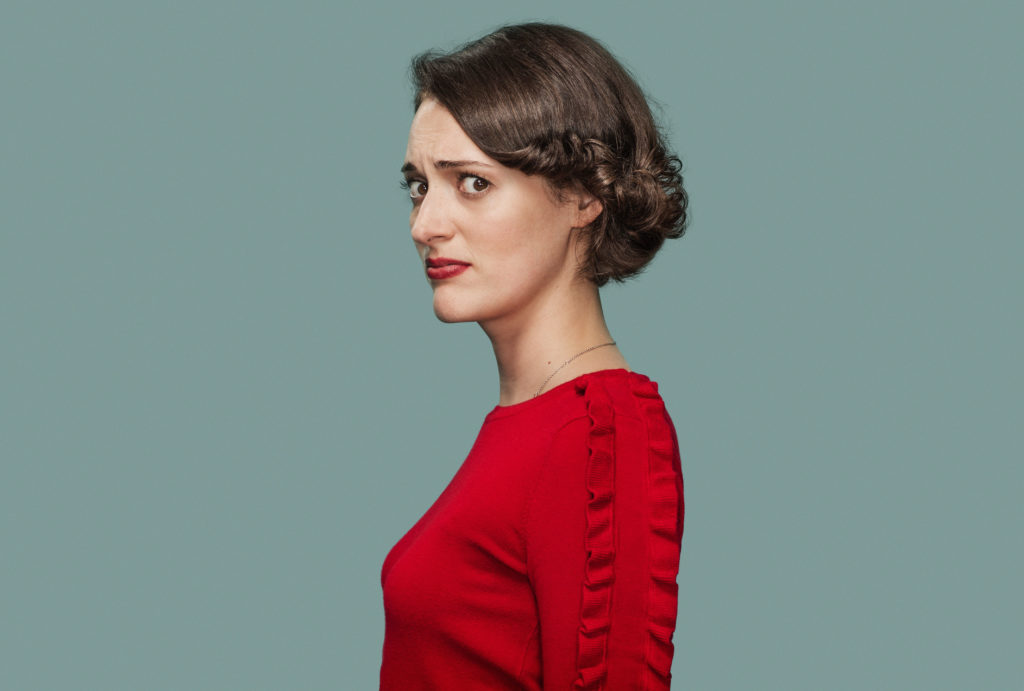
Traditional TV viewing – is there still a place for it?
I love the BBC and really value what they do, and it’s hugely important to have public service broadcasting in the UK because they make shows that no one else would.
The TV schedule is also still important for many people who enjoy tuning in and watching a show at a particular time. The regularity creates those talk-about moments. For instance, when Bodyguard came out on BBC One a couple of years ago, lots of people were talking about what would happen the next week.
Pros and cons of Netflix releasing shows in one block.
There are some licensed shows on Netflix with episodes that are released weekly, but all Netflix original shows go out in one block. Releasing full-season blocks might arguably remove that one single moment when people are discussing what they have just seen, but viewers are definitely still going online, sharing their views and finding out what others think.
It’s a different viewing experience, but it doesn’t affect production and writing. Whether you’re asking people to wait a week or to click on the next episode immediately, you still want to leave them in a position at the end of an episode where they want to watch the next one.
There’s value in being able to binge-watch a show – to really throw yourself into it and enjoy it all at once. There’s also value in having to wait a week to find out what will happen in the next episode. There’s room for both approaches.
Qualities that define Netflix original scripted programmes.

• They have a high production value. We’re lucky to have the resources to back creatives properly, and not ask them to compromise too much on their vision for the series.
• They’re unusual, surprising and original. Netflix scripted shows have a strong voice to them and tend to be a bit different from content on a terrestrial broadcaster. We don’t have a daily schedule. If you’re going to watch something on Netflix you have to actively click on it, so there has to be a really compelling reason for you to want to watch it in the first place.
• And hopefully they’re great! We’ll make anything – action, horror, romcom, sci fi… – as long as we think the show will be a best-in-class example of that genre.
I’ve always watched far too much television. That’s why I work in TV: I love it.
Is Netflix aimed at under-35s?
Netflix is a global company growing at a huge rate, so it can’t afford to focus solely on under-35s. I’m 41 and I’m a Netflix addict, so I’m living proof that this opinion isn’t true!
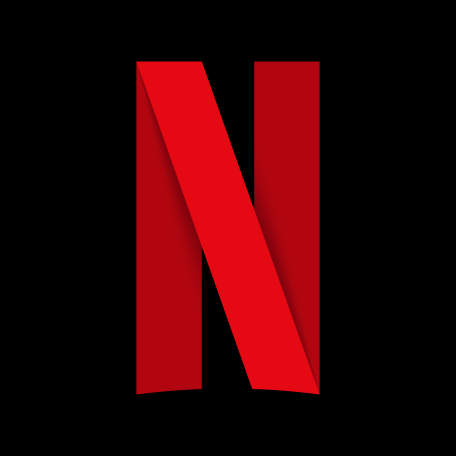
People might have a perception of Netflix being for specific audiences because they draw conclusions from the content that is recommended on their homepage – but this is tailored to them.
Netflix is a learning platform and it steers viewers towards shows that it thinks they’ll like. That’s true for profiles all around the world, which means there’s nearly 200 million different homepages, depending on who’s turning it on.
Relaxing outside work.
At the moment I have a baby, so my spare time is actually more frantic and stressful than my work time! When I do get a free hour, though, I reach for the remote control. I’ve always watched far too much television. That’s why I work in TV: I love it.
Advice for Johnians wanting a career in production.
It’s hard to give general guidance because there are a million different ways in, and the advice would differ drastically depending on whether you want to be a director, a writer or a producer.
I’m lucky enough to work in a job that is also my hobby and my passion, but it took a while for me to realise that I watch a lot of TV and that I should therefore work in TV. When it did click, I was persistent and really went for it, and that would be my advice to Johnians:
Don’t ignore your passion. Follow it and be persistent and put yourself out there, and hopefully someone will recognise your talent and take a chance on you. If you really want to do something and you’re good enough, you’ll find your way in.
Written by
Chris began his production career by flying to panama with the crew of a reality show, then moved into comedy commissioning. Formerly Head of Comedy at BBC Studios, Chris joined Netflix last year to oversee the streaming platform’s original UK scripted series.


